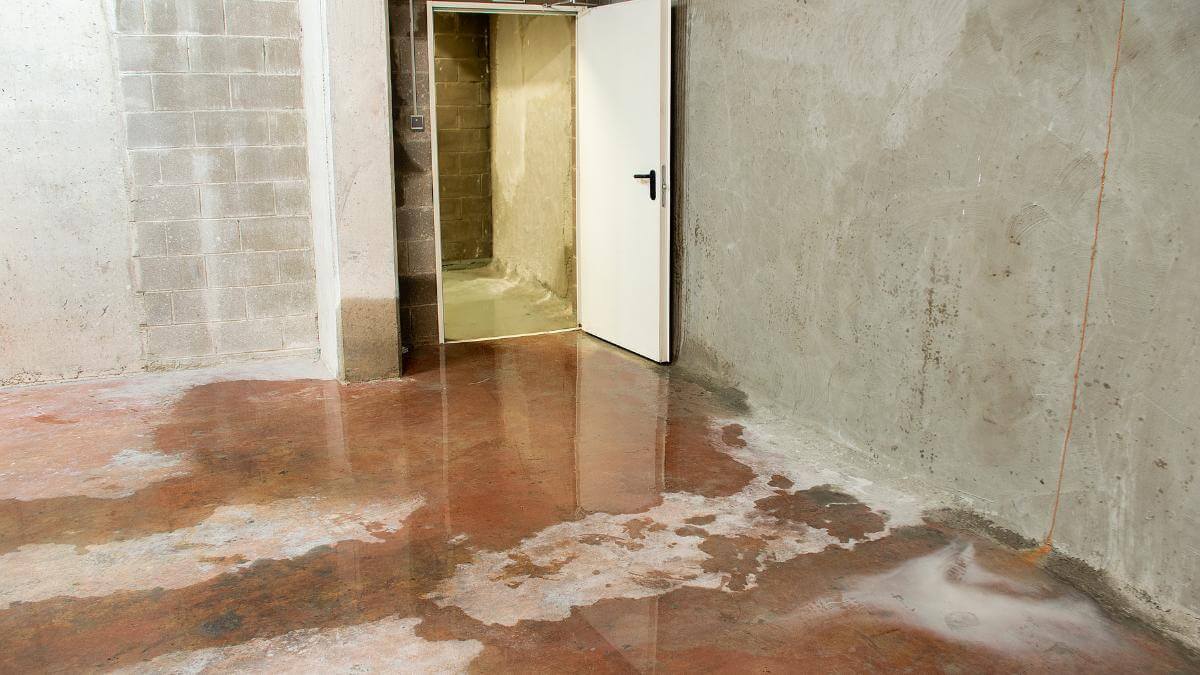Last Updated on June 7, 2024 by Kravelv Spiegel
Water damage is a common problem that can have severe consequences if not properly addressed. Not only can it lead to expensive repairs, but it can also compromise the structural integrity and safety of your home. Let’s discuss some essential tips to help you prevent water damage to your home, ensuring that you can avoid such a nightmare scenario in the future.
Keep Your Gutters Clean
Clogged gutters can lead to water overflowing and potentially causing damage to your home’s foundation and siding. The water may even seep into your basement. To prevent this, regularly clean your gutters and downspouts, removing any debris and ensuring that water can flow freely away from your home.
Invest in Proper Drainage
Proper drainage prevents water from seeping into your home’s foundation or basement. Ensure that the ground around your home slopes away from the structure, directing water away from the foundation. Installing a sump pump in your basement is another excellent precautionary measure for those living in flood-prone areas or with frequent basement flooding issues.
Check Your Roof Regularly
Your roof is one of the most critical areas to focus on when dealing with water damage. Inspecting your roof periodically, especially after storms or extreme weather conditions, is essential to identify any issues that may lead to water damage. There are some warning signs you need to replace your roof. These include missing or damaged shingles, sagging, and visible damage to the roof structure or flashing. Additionally, look for any stains on the ceilings or walls inside your home, which may indicate a leak from the roof.
Inspect Your Plumbing System
A leaking pipe or fixture can quickly lead to water damage, so inspecting your home’s plumbing system regularly is vital. Look for visible signs of water damage around pipes, hoses, and faucets, such as discoloration, stains, or warping. Furthermore, keep an eye out for any increases in your water bill, which could indicate a possible leak.
Be Prepared for Emergencies
While it’s impossible to entirely prevent water damage, you can mitigate the extent of it through preparation. Having a well-stocked emergency kit with tools and essential items, such as a water damage restoration guide, can help you take immediate action in case of a water-related emergency.
Implementing these tips to help you prevent water damage to your home is essential for homeowners. Having good maintenance habits, investing in proper drainage, and being ready for emergencies will go a long way in safeguarding your home against the costly and stressful consequences of water damage. Remember—prevention is always better than cure, so take the necessary steps to protect your home today.

